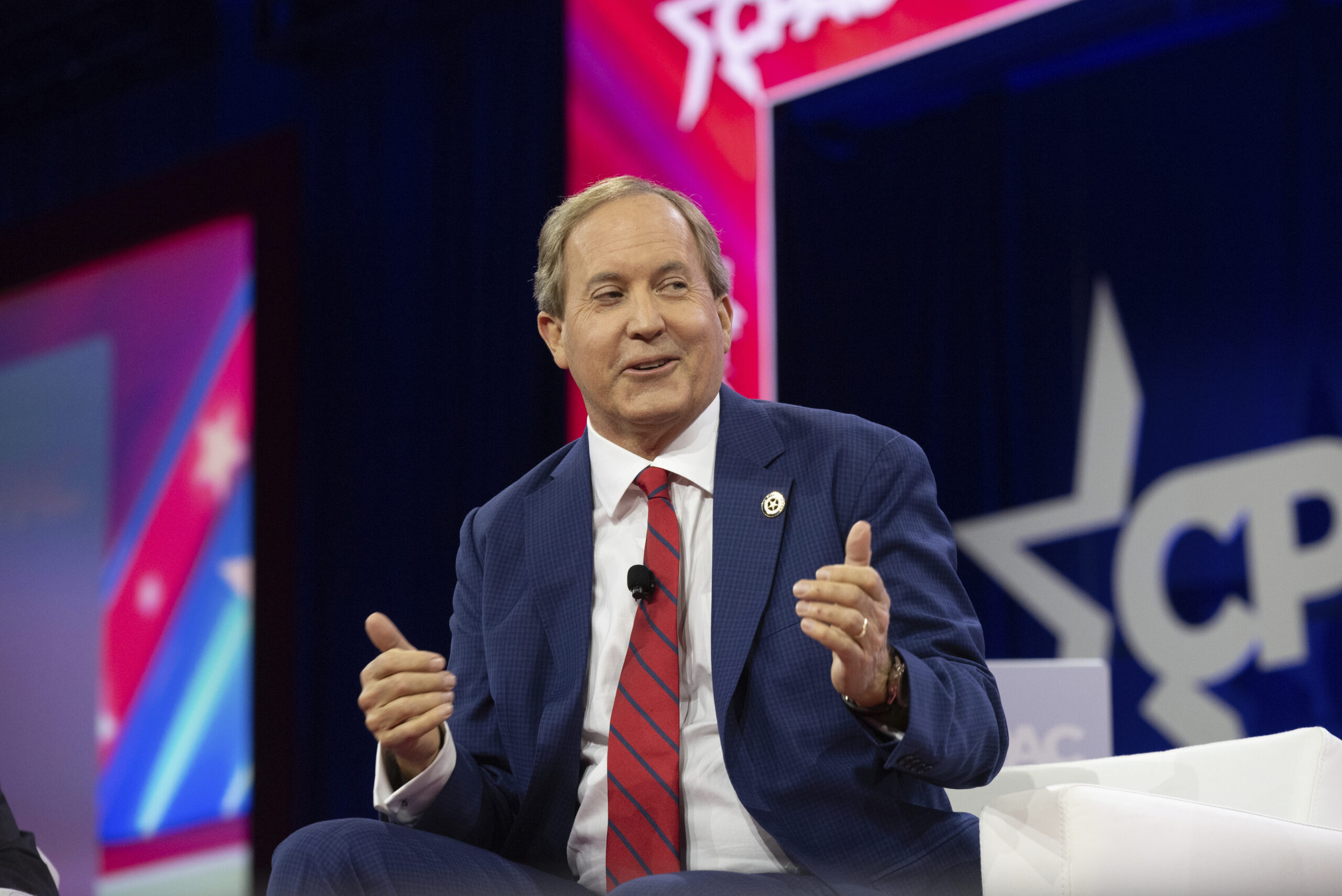
Houston Could Become Fifth Major Texas City to Crack Down on Payday Loans

Above: Speedy Roo, the mascot of the payday loan lender Speedy Cash, in an Austin advertisement. Staff photo.
In a rebuke to the do-nothing Texas Legislature, Houston took a step toward becoming the fifth major Texas city to pass payday and auto-title loan restrictions. Houston Mayor Annise Parker outlined her proposal last week and announced that she wouldn’t dilute the proposed ordinance based on industry demands.
“I had initially favored a Houston-specific measure, but decided that joining with other Texas cities in a united front on this issue is the best way to send a strong message to the Texas Legislature,” she said.
In a city that often rolls over for big business, Parker took a surprisingly strong stand against the Texas payday loan industry, which did more than $1 billion in business in the Houston metro area in 2012 alone. According to the Houston Chronicle:
She brushed aside concerns about inviting a lawsuit, saying the city is sued daily, and did not finesse her message to the industry.
“They have said they will move outside the city limits of Houston, and I say: Don’t let the door hit you on the way out,” Parker said. “This is not about making a reasonable profit. This is about preying on vulnerable human beings and making an obscene profit.”
The proposed Houston ordinance is similar to those passed in Austin, Dallas, El Paso, Houston and San Antonio. Of Texas’ six largest cities, only Fort Worth still lacks any regulations on payday and auto-title lending. Because the Legislature has repeatedly failed to impose anything more than cursory limits on the industry, the movement to curb usurious and predatory practices has fallen to municipalities, a role that many are embracing.
The city ordinances don’t cap rates, which frequently exceed 500 percent APR. Instead the laws are designed to help break the “cycle of debt” many consumers fall into, digging themselves deeper into debt by “rolling over” rip-off loans and paying more and more in fees while failing to pay down the principal.
The Houston measure, if passed, would cap the size of a payday loan to 20 percent of a borrower’s gross monthly income. Auto-title loans couldn’t exceed 3 percent of a borrower’s income or 70 percent of the vehicle’s value. Borrowers would be limited to three rollovers, or refinances, in the case of single-payment loans (shorter-term loans that are typically due in one lump sum by the borrower’s next payday). Multiple-installment loans, a growing segment of the market and one potentially more dangerous than “traditional” payday loans,” would be to no more than four payments. An earlier draft of the ordinance had much weaker provisions. The City Council could take up the measure as soon as December 11.
The payday loan industry has fiercely opposed city regulations in Texas. Cash America, one of the biggest chains, announced in a conference call with analysts in October that it would be closing all 28 of its “standalone” payday shops in Texas by the end of the year, citing “a disruption … created by the prohibitive local ordinances.”
“It’s a really big statement,” said Ann Baddour of Texas Appleseed, an Austin-based social justice organization that has been one of the statewide leaders on reform. “Houston is the biggest city in Texas. It has the highest number of payday and auto-title stores. … Having five of the six largest cities standing together saying the same thing, I think that’s a pretty powerful voice.”


